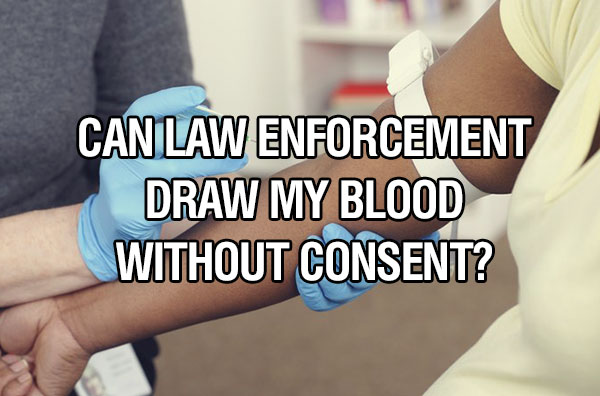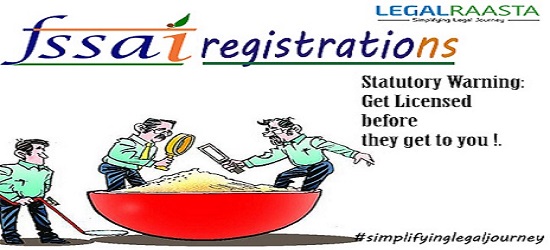In the news and in our own lives we often hear of stories where a person is allegedly intoxicated, whether from drugs or alcohol, and the police want a sample of their blood to test for the presence of substances. California law states that law enforcement does have the ability to draw your blood, regardless of whether or not you provide consent. To some people this feels incredibly invasive, uncomfortable and unconstitutional as a violation of their rights. Although law enforcement can draw your blood despite your objection, it is important to understand why and how this ability legally exists, and when it can occur.
Fourth Amendment Search and Seizure
The act of drawing someone’s blood to test for substances constitutes a search under the Fourth Amendment. This Amendment is designed to protect our freedom and privacy against unreasonable searches and seizures. Therefore, in order to procure a blood sample from an individual suspected of being impaired, a police officer must first obtain a warrant. An exception exists however if an officer feels there are exigent circumstances, meaning the evidence could be lost or destroyed in the time it would take to obtain a warrant. Because the interpretation of what may constitute as exigent circumstances can be unclear, it may be helpful to obtain a skilled and qualified defense attorney if you feel a blood sample was wrongly taken from you by law enforcement.
Objecting to a Blood Test
Implied consent laws provide law enforcement the legal authority to force you submit to a blood or breath test. However, if you feel strongly against either test, you do not offer consent and you object to the test, it is best to understand the results that may follow. Police will most likely have the ability to arrest you and bring you to jail. You may also face additional penalties under California Vehicle Code Section 13389, which can involve the suspension of a driver’s license. The officer can also obtain a warrant regardless of your consent and will have the ability to obtain a test of your blood with the permission of the judge. Your objections and observations made by the police may also be used against you when the prosecution presents its case; therefore it is important to have a qualified defense attorney by your side combatting the strength of their case throughout every stage.










